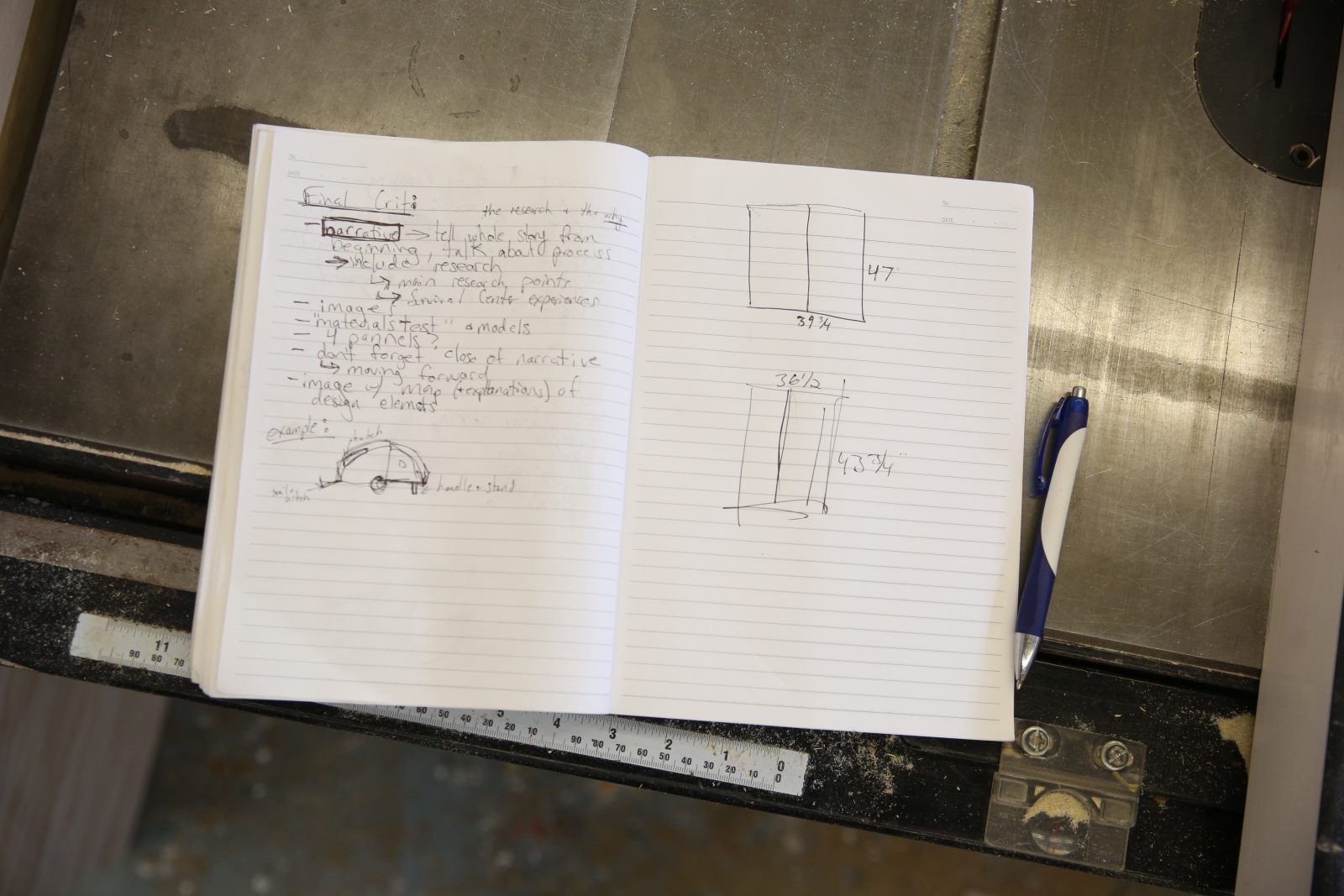Application Deadlines:
Fall Semester: October 15th
Spring Semester: February 18th
Apply by filling out the Hampshire College Student Grant Application Form
Application Guidelines:
Common Good Student Project Grants have a funding limit of $500 per student per year to support individual or collaborative student projects. Funded projects will address a common good issue / community need, and contribute to advancing the mission and goals of the Ethics & the Common Good Project.
- The student must be in good academic standing.
- Funding period is for projects occurring any time before the end of Spring 2021 semester.
- Funds must be used to support student projects that advance the common good on or off campus, including Division II and Division III projects.
- Collaborative projects encouraged, each applicant should submit their own application.
- Awards will not be given for projects that have already been completed.
- Applications will be reviewed the ECG grant committee.
Proposal should include:
Description of your proposed project or research, including references to any relevant texts or other supporting materials. State the specific aims or guiding questions of your project. Describe the timeline, components, and implementation of your project. Include relevant background information on the previous preparation and experiences that led you to this project/research. Incorporate reflections on the following questions:
- How is your project serving a community need?
- What are the values and principles that guide your work?
- What are some of the (ethical) questions and dilemmas arising in the work?
- What are the goals of your project, and how do these contribute to advancing the goals of the Ethics & the Common Good Project?
- What are the outcomes that you hope to achieve?
Budget
Necessary project-related costs are eligible for funding.
These include materials, supplies, small equipment or software, payments to research subjects, travel expenses for field work (with field study leave or full enrollment), and other expenses eligible for grant assistance. List each item, its cost, and a description of its purpose if not immediately clear. Also, list the names and amounts of other received or pending grants. If you need materials ordered by mail, add $10 to $40 into your budget to cover shipping and handling costs, depending on quantity and source.
A letter of support from one of your Division III committee members (Division III students) or Division II committee members (Division II students), your research supervisor, or another faculty member familiar with your work. Division III students must attach a copy of the filed Division III contract (screen shot from TheHub).Division II students must attach a copy of the filed Division II contract (screen shot from TheHub).
Award Criteria:
- Quality of proposed work, including merit and feasibility.
- Demonstrated need for special equipment, travel, or supplies.
- Alignment with the mission and goals of the Ethics and the Common Good Project
Rules for Award Recipients:
Students who receive an award are expected to send a brief (1-2 page) report at the end of the project, summarizing their experience and describing how the funds were spent. Multimedia reports encouraged for grantees working in creative modalities.


